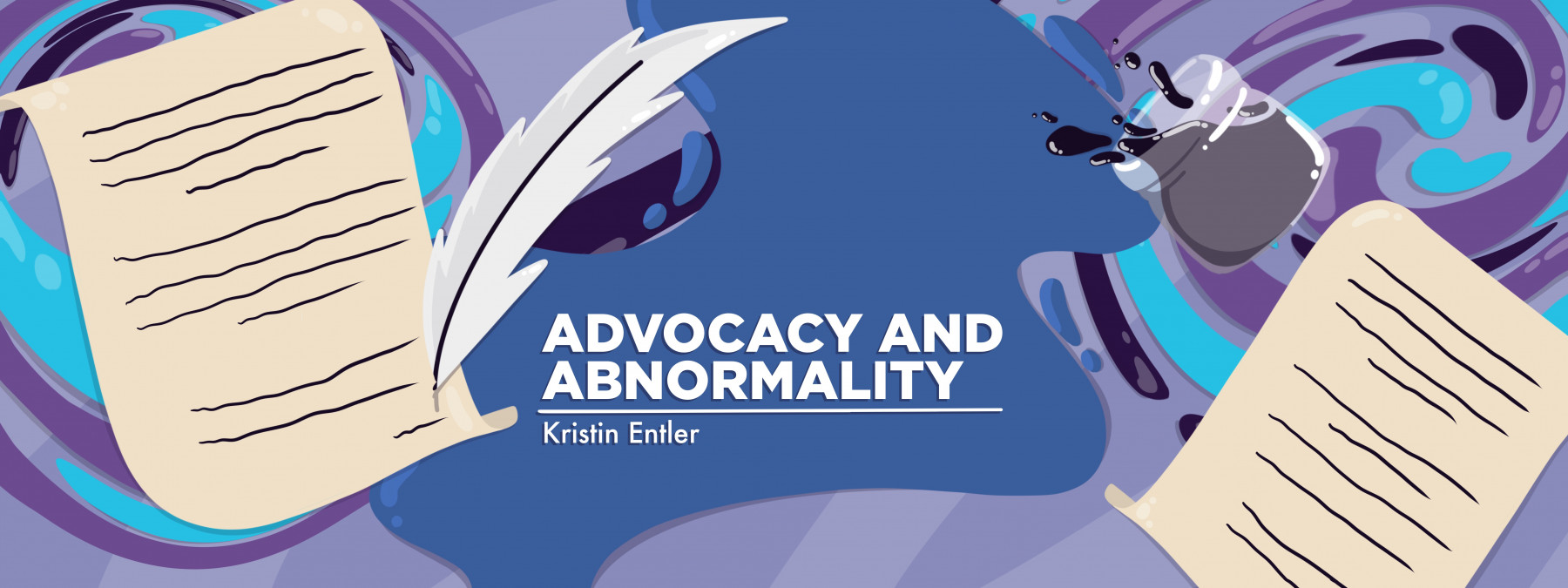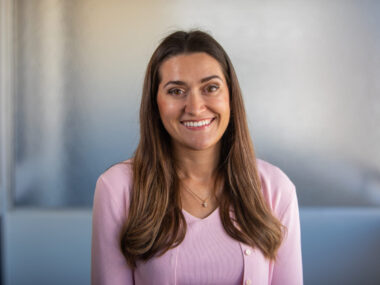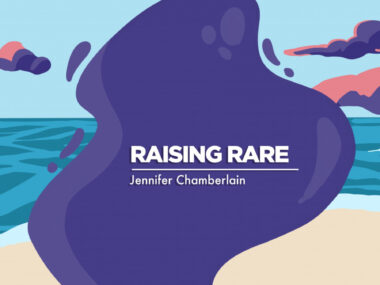Patient advocacy is crucial during hospital admissions
Standing up for myself is necessary to my general well-being
Written by |

“When can we get out of here?” my mom asks the group of doctors on their daily rounds. I’m in a hospital bed, tape tugging at my skin as a nurse unhooks me from an IV antibiotic. While she presses buttons on the machine, I reach over to the overbed table and grab the saline syringe, prime the air out of it, connect it to my PowerPort, and flush the line myself.
“Well, we’re doing a standard 14-day round of antibiotics, and I know you’ve expressed interest in completing the regimen at home, but given how sick she was at admission …” Dissociation sets in and I stop listening to the doctor, who doesn’t want to discharge me yet.
This is, of course, far from our first rodeo. It’s 2015, and at this point in my life, I land in the hospital about every six months, with almost impressive consistency. Because I have cystic fibrosis (CF), I’m generally not allowed to leave my hospital room due to infection risk, so these stays can be isolating.
I disconnect the saline, administer heparin to help prevent blood clots, and lock the line, following the acronym S-A-S-H, which stands for the order of administration: saline, antibiotic, saline, heparin. I learned this over a decade ago when my mom and I were first trained on how to administer my IV antibiotics at home.
At this point, I haven’t yet — knock on wood — stayed in the hospital for the full two-week course of antibiotics. My longest hospitalization was nine days, when I was at my sickest. I was still taking Orkambi (ivacaftor/lumacaftor), what I refer to as a bridge medicine for me, and hadn’t yet switched to Trikafta (elexacaftor/tezacaftor/ivacaftor).
We must keep the patient’s best interests in mind
I don’t remember much about the rest of that day, but I can say that I slipped into a deep depression, fearing I’d never get out of that small, blue room. I felt trapped, and in that state of hopelessness, my body seemed to go numb. In hindsight, I recognize that this sudden episode of depersonalization was related to my post-traumatic stress disorder.
When I didn’t eat lunch, my mom called the doctor back in. I remember her advocating for me to be in my safe space at home, citing my intense shift in affect as concerning. I’m lucky to have a parent who was able to stay with me in the hospital and who was willing to advocate for me when I was unable to do so myself.
“If she needs to be here,” my mom told the doctor, “we want her to be here. But there’s no reason for us to stay when we can do everything you’re doing at home, where she can also get some sleep.”
Our main goal throughout my childhood was to keep me out of the hospital as much as possible. Hospital admissions are sleepless and stressful and involve a constant lack of privacy — to the extent that my parents and I began my stays by asking doctors how soon they thought I could go home, and then pushing for discharge as soon as my health allowed.
In the end, the doctor conceded I could go home the next day, as my oxygen levels were finally starting to stabilize. While I recognize that his intention was to keep me safe, I wish doctors better understood the toll hospital admissions can take on patients.
Note: Cystic Fibrosis News Today is strictly a news and information website about the disease. It does not provide medical advice, diagnosis, or treatment. This content is not intended to be a substitute for professional medical advice, diagnosis, or treatment. Always seek the advice of your physician or other qualified health provider with any questions you may have regarding a medical condition. Never disregard professional medical advice or delay in seeking it because of something you have read on this website. The opinions expressed in this column are not those of Cystic Fibrosis News Today or its parent company, Bionews, and are intended to spark discussion about issues pertaining to cystic fibrosis.








Timothy Y Blowfield
So very true. Hospital can be very traumatic for pwCF. An advocate is essential.